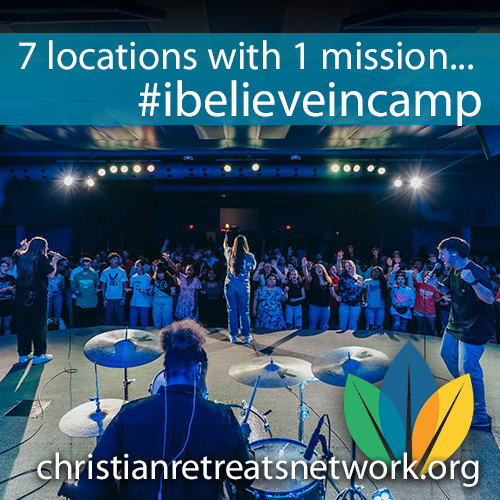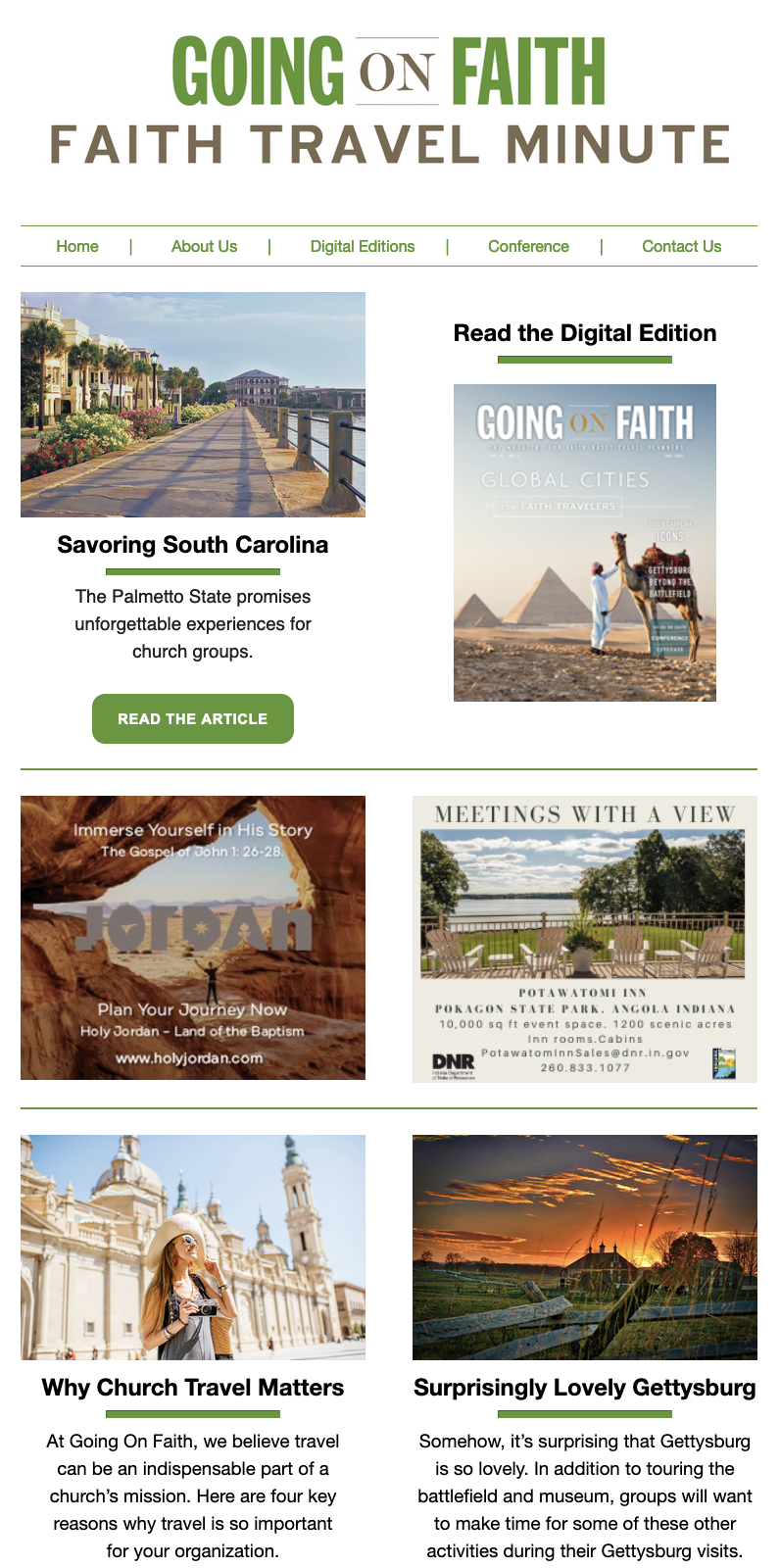6. Be flexible.
If you lead leisure group trips for your church, you might be accustomed to sticking to a well-organized itinerary. But rigid scheduling can be a nightmare in foreign countries, where things often happen at a much slower pace than they do in the United States. Flexibility is key — understand that plans may change, events may be rescheduled or get started very late, and resources you were counting on may prove unavailable when you need them. Take the changes in stride, and teach your travelers to do the same.
7. Offer on-site mentoring.
For people who have never traveled abroad before, the first contact with foreign cultures, poverty and other international experiences can be overwhelming. It’s not uncommon for young, inexperienced volunteers to shut down mentally and spiritually in the face of these challenges. Therefore, you should dedicate a significant amount of your time in the field to group devotions, debriefing and mentoring to help your travelers deal with the things they are experiencing and keep their attitudes positive.
8. Preach the Gospel, not America.
People in foreign countries often have different views of global events and America’s role in them than we do at home. The mission field is not a place to wave the American flag or promote your political outlook. Instead, focus solely on meeting people’s needs and spreading the Gospel. And understand that the expression of Christianity in the local culture might look different than it does in America. That’s a good thing. Don’t try to make foreign believers fit into the American Christian mold.
9. Practice post-trip follow-up.
Studies have found that although most short-term missionaries experience elevated spiritual zeal and commitment during and immediately after a trip, those feelings often taper off in the months and years after a trip. And some travelers even become jaded or downcast because of difficult things they have seen in the mission field, which may damage their relationship with God. Experts believe it is important for church leaders to follow up with mission participants on a regular basis after trips to help them work through negative feelings and turn their temporary spiritual momentum into long-term, sustainable growth.
10. Build long-term relationships.
Short-term mission trips are, by definition, limited, but church groups can have greater impacts in the places they visit by intentionally building long-term relationships. Instead of taking your groups to a different place every year, find a place where your church can invest with trips year after year or even more frequently if possible. This allows locals to develop a level of trust with you that isn’t possible in a one-time trip, and it helps you get to know the community better and develop a keener sense of how to make the most positive impact.










